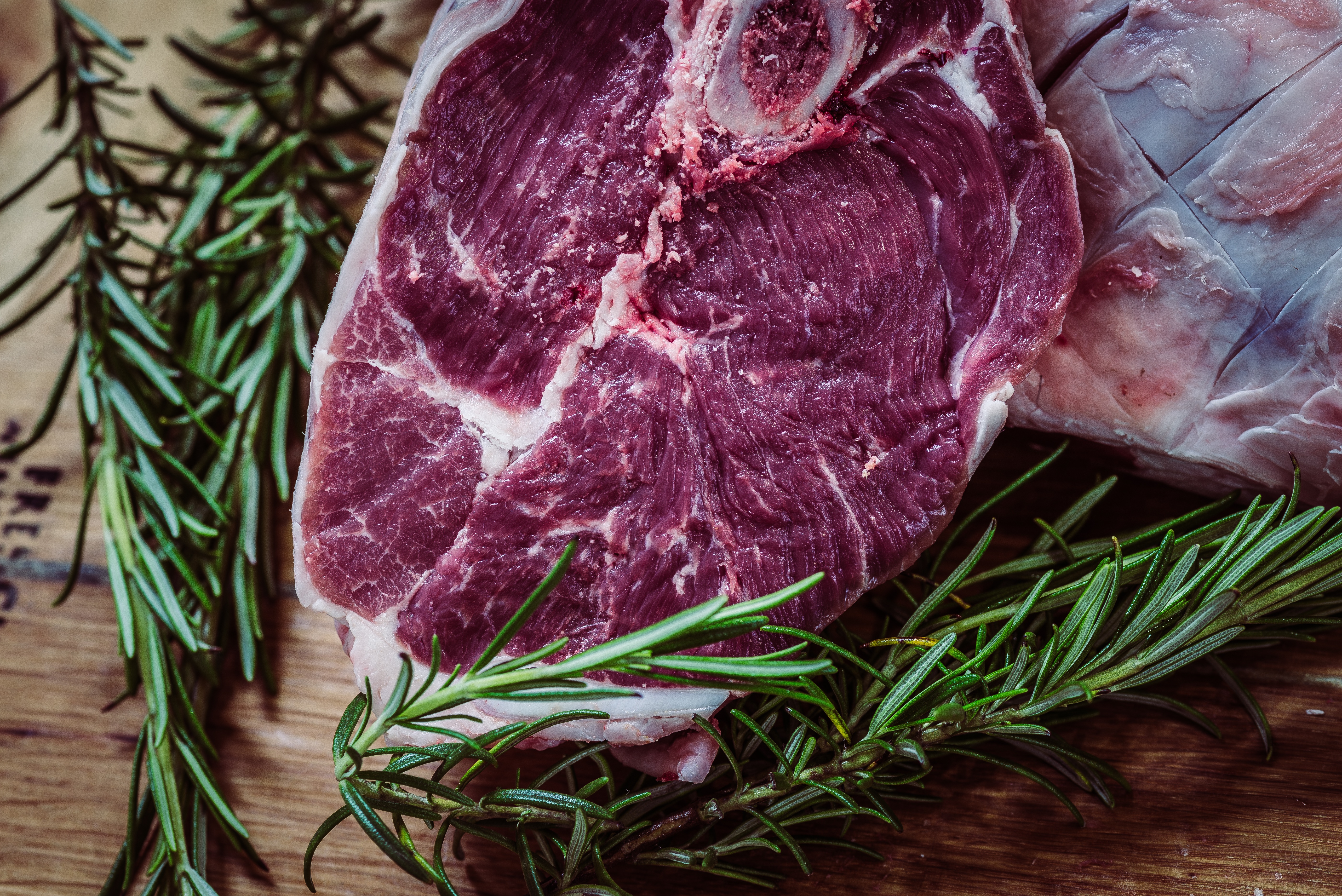With the winter season upon us, I find many people may turn to meat-based dishes to beat the cold. This usually occurs in parallel to a general obsession I often observe with protein powders and other protein-enhanced products.
Don’t get me wrong, dietary protein is important but it is also probably the most over hyped and over marketed macronutrient. The supplement industry has led many people to believe that an extremely high protein intake, provided in part by protein supplements, is the critical component to athletic performance and a lean physique.
You can also catch me discussing this topic on YouTube
Despite popular belief, a protein supplement is never going to be the decisive component separating a fit from an average person.
Rather, it is the body of work of training and dietary practices that have taken place over a long period of time that make this determination.
Even though active people do need more protein (more on this to follow), the reality is that most of us get enough protein through our diet and will not gain any additional benefit from protein supplementation or focused efforts on increased protein consumption.
In case you were wondering, the average adult needs about .8 grams of protein per KG body weight. This ends up being around 55 grams of protein for an average male and 45 grams for an average female.
The list below will show you that is not that hard to hit and surpass those targets,
Protein Value of Common Foods
75 grams of Meat/Fish/Poultry – 21 grams protein
2 whole Eggs – 12 grams protein
¾ cup Lentils/Chickpeas – 12 grams protein
1 cup Cow’s Milk/Soy Milk– ~8 grams protein
150 grams Tofu ( ½ brick~) – 21 grams protein
¾ cup Yogurt – 8 grams protein
¼ cup Nuts or Seeds – 7 grams protein
Long story short, protein intake is probably not a concern for you.
With that being said, there are some important things about it that you should know.
For example, the one thing that you may have heard about protein is that it is beneficial to consume about 15-25 grams within 2 hours of training.
This is certainly true, as doing so is known to enhance our bodies muscle protein synthesis.
Does that mean you need to get that protein from a protein supplement?
No, you are much better off acquiring that protein from whole foods, unless you are in a situation where you cannot access anything for an extended period of time.
Why do I say this?
When you rely on on protein powder rather than whole foods, you may be getting the protein but you are missing out on so many important nutrients. For example, if you think it is reasonable to replace milk or milk alternative with a protein powder, you are missing out on an opportunity to get a good dose of calcium, vitamin D and potassium.
Interestingly enough, these are three of the nutrients that some Canadian’s may struggle with in their diets.
The same can be said for using protein powder to replace protein from meat, fish, legumes or tofu. You are losing out on so many important nutrients when you do this and I must insist you do not make a habit of it.
Carbs and Protein work TOGETHER
There appears to be an overwhelming public sentiment that carbs are bad and protein is king. If you are of this belief, you should know that if you do not consume enough carbohydrates the protein you consume may be utilized for energy rather than muscle building (protein synthesis). In other words, carbohydrates spare the body from needing to use protein for energy, and allow it to be used ( as intended) for protein/muscle synthesis and other functions.
Protein in Athletes
Very active people and especially athletes are often the exception when it comes to food intake. Simply put, they need more to accommodate the demands they place on their body. Depending on a variety of factors, including training intensity, an athlete can expect to require anywhere between 1.2 to 2 grams of protein per KG body weight. Strength-based athletes will usually require protein on the higher end of this spectrum, as opposed to endurance-based athletes.
Although this greater than the average person, many of the principles I have already discussed apply. It is advisable to achieve this protein intake through the consumption of whole foods. Supplements should only be relied on if contextual factors make it difficult to eat appropriately.
Carbohydrates should not be sacrificed for a greater protein intake unless exceptional circumstances are presented (ie: reducing energy intake as a result of a sudden injury)
In regards to timing of intake, the best evidence suggests to include protein at meals that are spread throughout at the day, including following training or competition.
Concluding Remarks
The great majority of people out there who are reading this have an adequate protein intake and should not rely on, or expect, an additional benefit from protein supplementation.
If you plan to engage in a greater level of physical activity, a modest increase in protein, fat and carbohydrate intake will help to account for the additional energy expenditure.
For most people, protein, although extremely important, is not the missing link between themselves and their ideal physique.
Andy De Santis RD MPH



